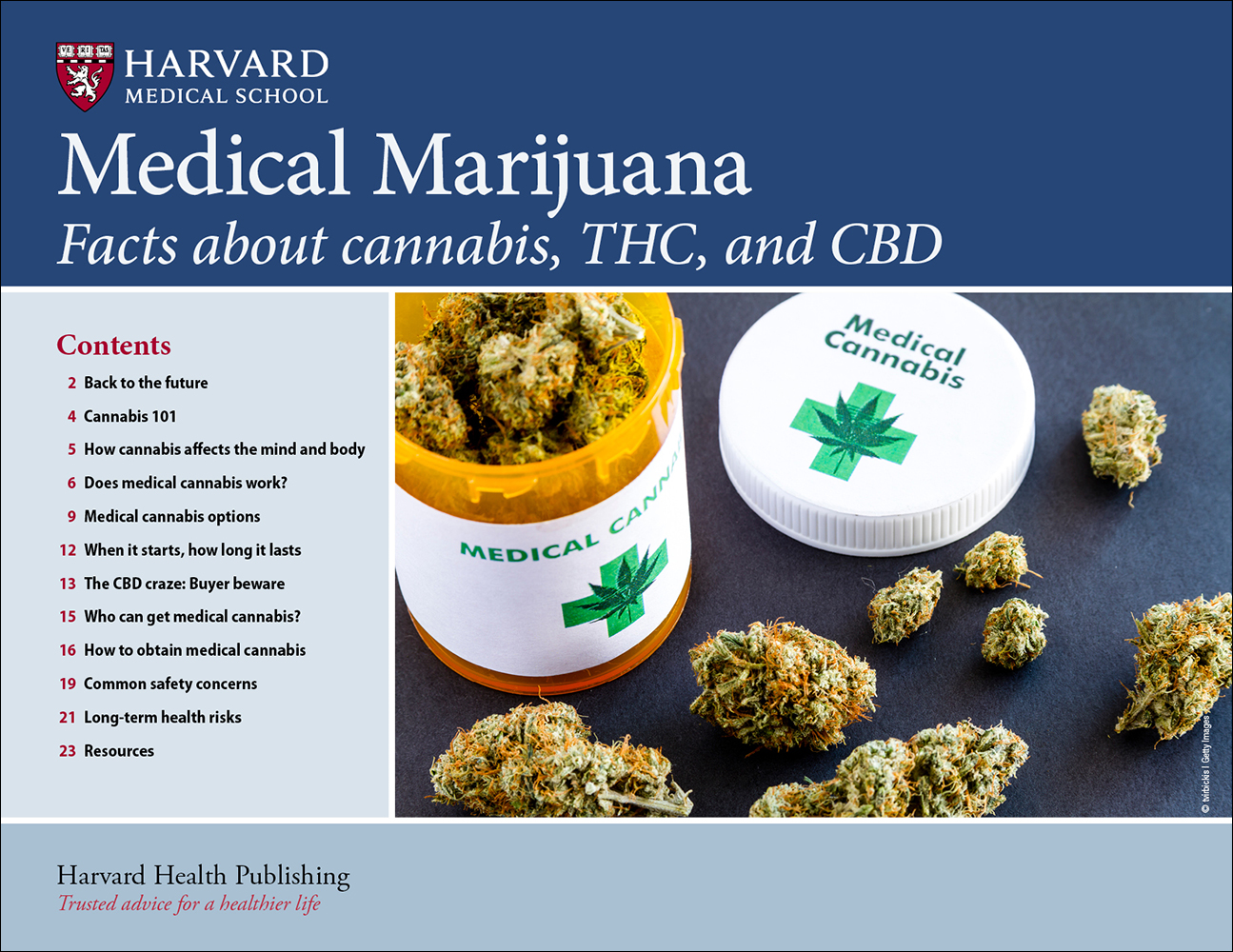The effects of marijuana on your memory

As you get older, certain aspects of memory normally decline, but that does not mean you are powerless to protect your brain as you age. In fact, there is a lot you can do. In addition to getting regular exercise and eating a Mediterranean style diet, you can also consider what is known and not known about marijuana.
Is weed bad for your brain?
Cannabis contains varying amounts of the potentially therapeutic compound cannabidiol (CBD), which may help quell anxiety. However, there's no question that marijuana (the dried flowers and leaves of the cannabis plant) can produce short-term problems with thinking, working memory, executive function, and psychomotor function (physical actions that require conscious thought, such as driving a car or playing a musical instrument). This is because marijuana's main psychoactive chemical, THC, causes its effect by attaching to receptors in brain regions that are vital for memory formation, including the hippocampus, amygdala, and cerebral cortex. The extent to which long-term use of marijuana (either for medical or recreational purposes) produces persistent cognitive problems is not known.
The laws regarding marijuana differ from state to state. Some outlaw it altogether, while others allow it for medical purposes—to help relieve pain and nausea, for example. And in a growing number of states, marijuana is legal for recreational use. But it remains illegal at the federal level. For that reason, it has been difficult for researchers in the United States to obtain federal research funding to study marijuana, limiting the amount of high-quality evidence available.
What you can do: If you use marijuana, understand you may have problems with memory and related cognitive functions while under the influence. There also is the possibility of developing cognitive problems with long-term use.
For more on how to learning how to improve your memory, buy Improving Memory: Understanding age-related memory loss, a SHR from Harvard Medical School.
Image: © tvirbickis/Getty Images
Disclaimer:
As a service to our readers, Harvard Health Publishing provides access to our library of archived content. Please note the date of last review or update on all articles.
No content on this site, regardless of date, should ever be used as a substitute for direct medical advice from your doctor or other qualified clinician.
















